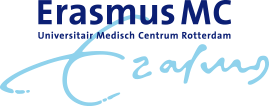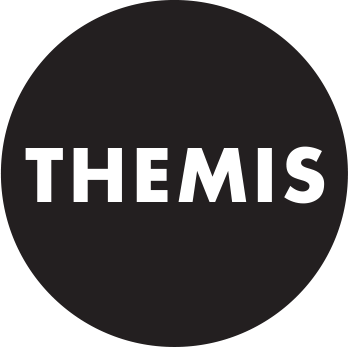Detecting chikungunyavirus-specific T-cells induced by measles-based vaccines
The project combined expertise of the department Viroscience of the Erasmus MC in Rotterdam in detecting virus-specific cellular immune responses with the expertise of Themis Bioscience GmbH in Vienna developing measles-based vaccines against emerging virus infections. The project aimed to determine whether measles-based vaccines can induce primary cytotoxic T-cells in the presence of measles virus-specific antibodies.
Chikungunya is a mosquito-borne emerging viral disease with global outbreak potential. Themis has demonstrated immunogenicity and safety of their measles-based chikungunya virus vaccine (MV-CHIK) in phase 1 and phase 2 clinical trials. These trials were performed in healthy adults with pre-existing measles-specific immunity and demonstrated promising induction of chikungunya virus-specific antibodies. Measles-vectored vaccines induce substantial T cell responses in animal models, but cell mediated immunity in humans is less well characterised. This project addressed the fundamental an innovative question whether measles-based vaccines are able to induce a functional primary virus-specific cytotoxic T-cell (CTL) response to a foreign antigen in measles-immune clinical trial participants.
This poject used MV-CHIK as a model system to assess whether measles-based vaccines can induce primary CTL responses, by measuring and characterising CHIKV-specific CTLs in peripheral blood mononuclear cells collected by Themis in clinical trials. Although they detected CHIKV-specific CTLs in a few donors, in the majority of the donors they were only able to detect CHIKV-specific CD4+ T-cells.
This proposal represented a proof-of-concept project undertaken primarily to acquire new knowledge of the foundations underlying immunity induced by measles-based vaccines against emerging viruses, without direct commercial application or use in view. However, the project generated an improved understanding of the cellular immune response to MV-CHIK vaccination, but did not provide convincing evidence that measles-based vaccines can induce primary CTL in measles-immune adult subjects. The developed methodology was directly transferred to detection and characterisation of SARS-CoV-2-specific T-cell responses in COVID-19 patients or vaccinees.
For more information please visit this website.


